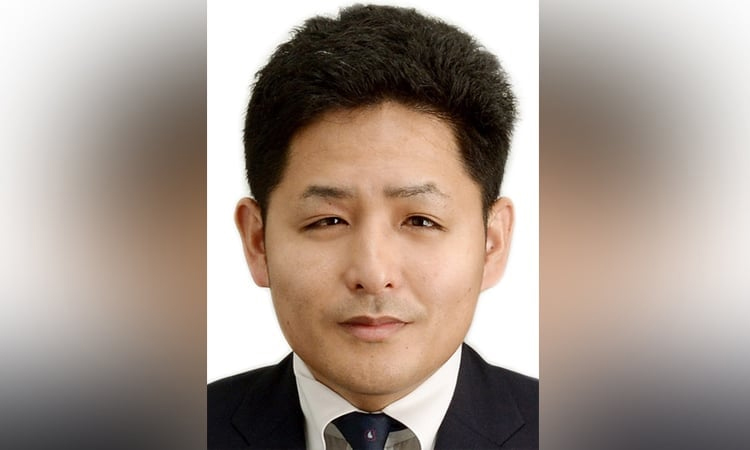News Flash

DHAKA, Nov 12, 2025 (BSS) - Japan External Trade Organization (JETRO) Country Representative Kazuiki Kataoka said that investors are closely paying attention to the upcoming national election and they would be happy if the election takes place in February, 2026.
“While foreign investors should not interfere in politics, politics inevitably influences business activities. Investors are closely watching the political calendar. A free, fair, and credible election is essential for cementing future business confidence and ensuring policy consistency,” he said at an interview with BSS.
JETRO is a Japanese government body that promotes trade and investment between Japan and other countries.
Kataoka said that a free, fair, and credible election is essential because a new administration resulting from the national voice is more likely to be sustained.
“Once a stable new administration announces its economic policy and incentives, a further influx of investors is expected, as many Japanese companies are currently conducting feasibility studies,” he added.
The JETRO country representative, however, mentioned that Japanese investment interest in Bangladesh remains remarkably robust despite the political transition following the July Uprising in 2024.
“Japanese companies are actively expanding their business footprint, leading the JETRO Dhaka office to be recognized as one of the busiest overseas offices within the entire organization. Japanese firms are demonstrating substantial commitment to Bangladesh,” he added.
A JETRO survey conducted in 2024, he said, specifically following the uprising, revealed strong intentions for expansion among Japanese companies operating in the country.
“ 57.7 percent of Japanese companies expressed a desire to expand their business in Bangladesh. This intention directly translates to plans to increase investment. This percentage represents the second-highest intention for expansion within the Asia-Pacific region, placing Bangladesh third globally, following India,” he added.
Kataoka noted that while manufacturing for export remains a traditional focus, the high interest is increasingly driven by Bangladesh’s attractive domestic consumption market, leading more companies to consider establishing local factories to counter high import tariffs.
Despite the high level of investment intent, he said, Japanese companies are facing persistent and sometimes worsening micro-level operational issues.
The representative concluded that Bangladesh remains attractive, largely due to its increasingly appealing domestic market, which is why JETRO continues to receive numerous inquiries from Japan.
Policy consistency is also crucial for enhancing business activities, he added.